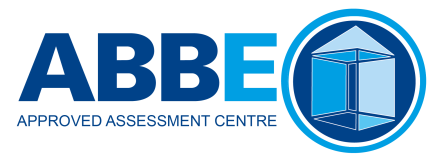
What Is A Fire Risk Assessment?
17th September 2020
Thorough and detailed fire risk assessments are the foundation for ensuring fire safety within a workplace.
The first step in controlling fire hazards is to identify potential fire risks. Armed with this insight, you can then create and implement effective processes that help to minimise the risk of fires in your property.
Defining Fire Risk Assessments
During fire risk assessments, responsible individuals will review a building to discover areas that could potentially cause a fire, and identify which staff members are at risk. In addition to finding potential risks, fire risk assessors can offer recommendations to help make the property safer, if necessary.
The Importance Of Fire Risk Assessments
Fire risk assessments are a legal requirement under UK legislation and individuals who are responsible for a non-dwelling (commercial) building must ensure that a competent person completes a fire risk assessment of their property.
UK legislation stipulates that businesses employing five or more employees must document their significant findings of the fire risk assessment, fire emergency plan and fire maintenance log books in a hard copy, stored within the workplace and available for inspection for the Fire Authority.
Here is a link to a range of useful fire risk assessment guides from the Government, which may help you complete a detailed review of your property.
How To Create A Fire Risk Assessment
To create a comprehensive fire risk assessment there are a wide range of factors that you must consider. Firstly, assess your building to determine any potential fire hazards and which individuals are at risk. Secondly, use this information to create procedures that help to control or minimise the risk of a fire.
After completing the steps listed above, it is vital that you record your significant findings and prepare a fire emergency plan. It is also important to provide staff training to ensure all members of your team are suitably prepared.
Although fire risk assessment are likely to differ from building to building, there is a range of common risk factors that should be considered, including:
- Emergency exits and means of escape routes
- Fire detection and warning systems
- Emergency lighting
- Fire fighting equipment
- All possible sources of ignition, fuel and oxygen
- The needs of vulnerable individuals such as young children, those with disabilities and the elderly
Accredited Fire Safety Courses From Vulcan Fire Training
Vulcan Fire Training offers an extensive range of accredited fire safety training courses. Each course is delivered by our experienced trainers to provide delegates with the theoretical knowledge and practical skills to ensure fire safety is compliant within their workplace.
Click here to view and book our online and public fire safety training courses.


